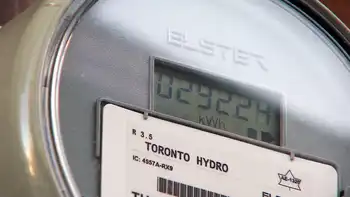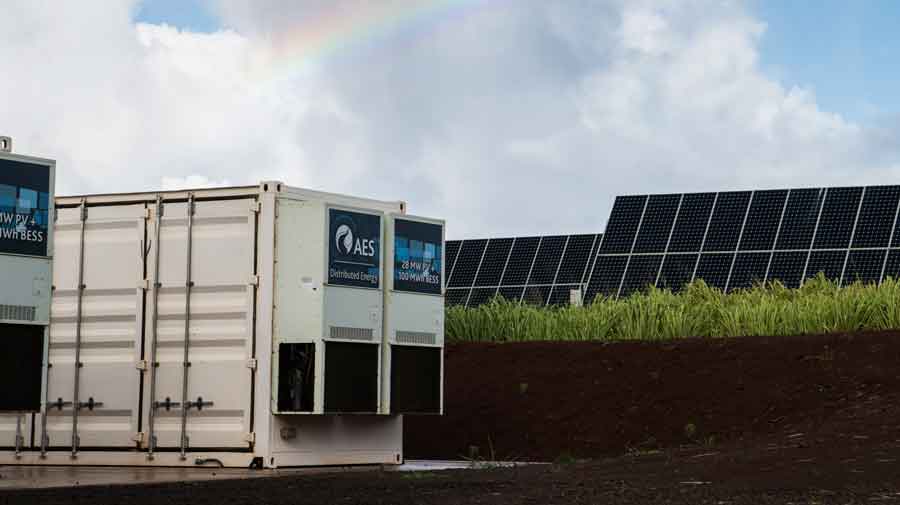Clean energy debate grabs global spotlight
By Edmonton Journal
Protective Relay Training - Basic
Our customized live online or in‑person group training can be delivered to your staff at your location.

- Live Online
- 12 hours Instructor-led
- Group Training Available
But such an international partnership is, in fact, at the heart of the "clean-energy dialogue" announced by Prime Minister Stephen Harper and U.S. President Barack Obama.
Malcolm Wilson, the man at the heart of the carbon-capture-and-storage project, is no mad scientist. Director of energy and environment at the University of Regina, Wilson's team will test different chemicals for capturing carbon at the plant.
"Coal-fired power plants are one of the mainstays of electrical production and, certainly, one of the big producers globally of carbon dioxide," Wilson told Canwest News Service. "That's not going to change any time soon."
Is the development of carbon-capture and -storage technology a wild idea and a waste of billions of dollars in public funds — or a worthwhile investment in something that will reduce global greenhouse gas emissions?
That debate is intensifying, because of the light Harper and Obama have shone on the idea, followed by Environment Minister Jim Prentice's pledge to help co-ordinate $7 billion worth of projects in North America over the next few years. Prentice said the technology will be pursued both for coal and the Alberta oilsands. Some critics say such funds would be far more wisely spent on energy-efficient transportation systems; the development of wind, solar and other renewable power sources; and massive energy-conservation measures to reduce reliance on coal and oil from the oilsands.
Mike Hudema, an Edmonton-based Greenpeace campaigner against the oilsands, holds that view.
"We definitely don't think Canadians or Albertans should be paying to clean up industries' pollution," Hudema told Canwest News Service.
"If we're going to move in this direction and capture even a minor amount, it should be industry that's footing the bill for it, and not Canadian taxpayers, and not Albertan taxpayers."
David Keith, an energy expert at the University of Calgary, says Canadian governments have already spent far more on solar and wind power than on carbon-capture-and-storage technology, even if a $2-billion allocation by the Alberta government for development of carbon capture and storage is counted.
"We've never solved any major environmental problem by just waiting for things to get (commercially viable)," he said in an interview. "You need regulations or incentives."
Keith asserts that developing the technology for coal will be more cost-effective than trying to make it work in the Alberta oilsands, a relatively small part of global carbon emissions.
"We are building right now, just west of Edmonton, a coal-fired power plant that will have more emissions than any oilsands plants," Keith said.
"Even in Alberta, the emissions from coal are much bigger than oilsands. And globally, they're 40 per cent of the whole climate problem. That's where the action is, if you care about climate. Cutting carbon costs money, and we owe it to our kids to choose the cheapest places to cut."
Wilson, a scientist at the University of Regina, says many of the procedures and equipment that will be used for carbon capture and storage have been around for years. Carbon capture from gas plants is nothing new, for example. And carbon dioxide is injected underground for enhanced oil recovery operations.
The technical challenge is to put the bits and pieces together, to prove they can work smoothly without disrupting electricity supplies, and to ascertain the costs.
Government funds for the technology development are an important signal to industries awaiting clear government policy on climate change, he said.
"Boards of directors are quite rightly very reticent to put out very large sums of money that are going to cost their shareholders when they don't have clear government policies. Governments are coming around now. Once governments make decisions, the private sector becomes more engaged."











